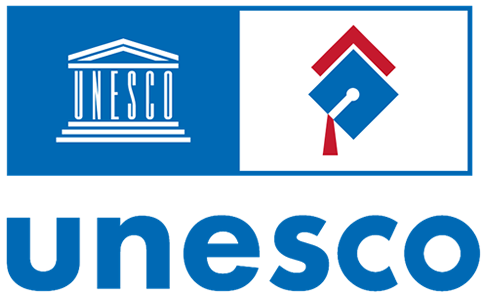Agenda 2030 and Sustainable Development: progress and challenges of Higher Education in Brazil
Abstract
This article analyzes indicators of Higher Education (HE) in Brazil, one of the most unequal countries in the world, in its ability to contribute to the 2030 Agenda. The analysis, of bibliographic and documentary nature, considers the expansion of enrollments focusing on: access for the low-income population; racial diversity; and access for students with disabilities. The data show that, despite private-market growth, affirmative action policies (AAP) have generated significant progress, revealing the importance of SDG guidelines for maintaining and improving public HE policies aimed at inclusion and reducing inequality.
Copyright (c) 2021 Stela Maria Meneghel, Fabrício Filisbino, Ana Cristina Adry Moura de Argôllo

This work is licensed under a Creative Commons Attribution-NonCommercial 4.0 International License.
Copyright notice
Copyright allows the protection of original material, and curbs the use of others' work without permission. UNESCO IESALC adheres to Creative Commons licenses in the open access publication of ESS. Specifically, texts published in this journal are subject to a Creative Commons Attribution-NonCommercial 4.0 International (CC BY-NC 4.0) license: ESS is an open access journal, which means that all content is freely available to the user or their institution. Users may read, download, copy, distribute, print, search or link to the full text of the articles, or use them for any other lawful purpose, without asking prior permission from the publisher or the author, always making sure to cite the author. Commercial use is not permitted. ESS requires authors to accept the Copyright Notice as part of the submission process. Authors retain all rights.
The full license can be found at https://creativecommons.org/licenses/by-nc/4.0/
 Attribution - NonCommercial (CC BY-NC 4.0)
Attribution - NonCommercial (CC BY-NC 4.0)
This journal does not charge authors for the submission or processing of articles. The authors of the contributions will receive acknowledgment of receipt that the work has reached the Editorial Team of the Journal.




.png)
